When it comes to anxiety and depression, our subconscious perceptions play a major role over any external triggers. What we feed our mind becomes our mindset and our mindset can change the way we behave and how we see the world. This article sheds some light on how perceptions affect anxiety.
When I met Luna a few years ago she was experiencing great levels of anxiety. When she went to the doctor and explained her situation, they prescribed her high levels of SSRI anti-depression medication. Months later, after reading all the endless long-term side effects of using those drugs, I immediately suggested she get off them.
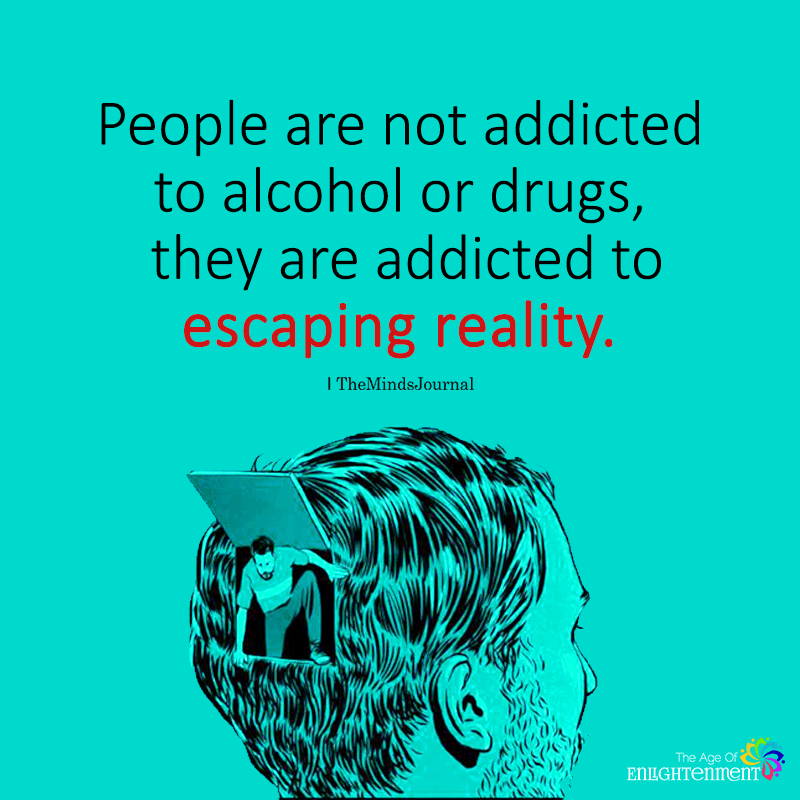
My interest in Western psychology began as soon as I moved to Australia in my adolescence. For as long as I can remember I’ve been interested in the study of the mind’s relationship with life.
Growing up, I was taught that everything in the world was interconnected, that our perceptions of a divided reality are veils of illusions and dreamlike perceptions we create. My great-grandmother had a saying I still remember to this day:
En este mundo traidor; nada es verdad ni mentira, todo es según el color del cristal con que se mira.
‘In this deceitful world; nothing is true nor false, everything is the color of glass through which you look at life.’
Understanding the Fallacy of Medicine
Western Medicine overlooks an essential aspect of “mind body disorders” and that is the assumption that all body conditions are chemically caused.
This key assumption is what forces doctors to misdiagnose anxiety and depression and address it in an adequate way. Our doctors assume that anxiety and depression are caused by an imbalance of brain chemicals, as opposed to the brain chemical imbalance being caused by anxiety and depression.
In other words; they confuse the cause with the effect.
There are only a few true mental chemical imbalances (schizophrenia for instance) that require serious prescription medication, yet in 90% of the cases you mention anxiety or depression, they will medicate you.
In fact, depression is an advanced form of anxiety towards life gone untreated, and anxiety itself, with the exception of some brain atrophies, is a cognitive disorder. In other words, we’ve created a perception of reality, a dream, by believing our negative thought patterns and identifying them as “rules” about ourselves. For example: “I suck at socializing” or “I always have such bad luck in everything”.
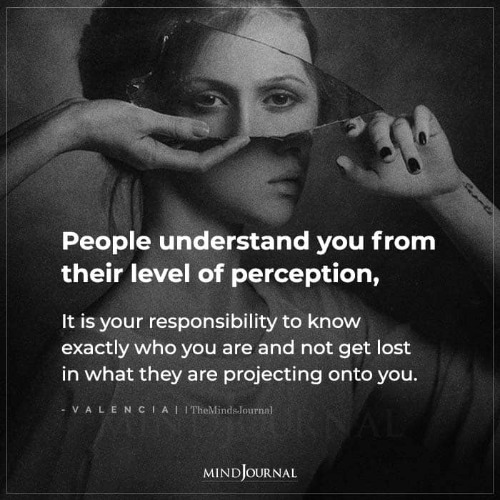
These observations we make about ourselves that come from a few bad experiences, can turn into automatic subconscious rules, or dreams, that repeat themselves in the future. Our unconscious minds are so powerful they automate things for us, such as how when we learn to drive a car, soon the process is “auto-piloted”.
In a similar fashion, our subconscious minds can learn to repeat negative words and beliefs in the back of our minds automatically.
Whatever you feed your subconscious mind will turn into a rule (yes, your subconscious is not very smart!) That is why to reverse your anxiety, you have to be very conscious and aware of what information you’re accumulating and molding a dream out of.
You may perceive anxiety as a feeling, but in fact, anxiety is a thought. Your thoughts are the cause of anxiety, the feeling of anxiety is the result. To treat feelings you have, you can use chemicals (SSRIs), vitamins, diets, etc. But to treat thoughts, all you have to do is learn how to be aware of your thinking and learn how to think correctly.
How to Free Yourself From Anxiety
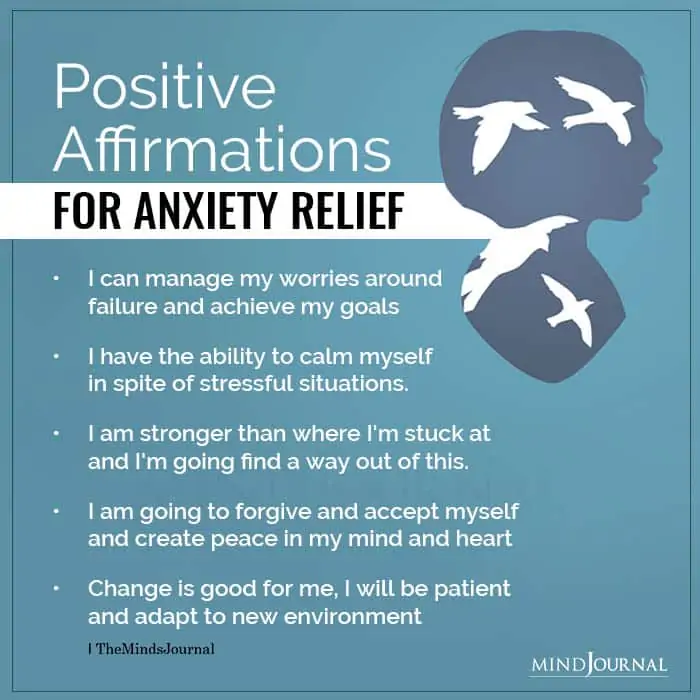
Once you realize that anxiety isn’t the result of feelings or chemicals but of automated thoughts you create, it gives you the freedom and control to change your thinking. You can aid yourself by using your phone or a piece of paper to create a list of all the thoughts you have that are causing your anxiety.
The following are some of the most common subconscious perception patterns you may come across: 12 dreamlike perceptions you need to get rid of.
1. Mind Reading
We all like thinking we’re capable of predicting what other people are thinking, but more often than not, we simply jump to conclusions believing assumptions that aren’t true.
Have you ever caught yourself thinking: “I like my poem but I know people are going to think it’s stupid”, “My teacher doesn’t notice the effort I put into that essay” or, “My co-workers think I’m lazy and do nothing”?
All these thoughts are just one possibility out of an infinity of thoughts, yet our unconscious minds confuse them with factual statements and create the appropriate feelings of anger or resentment.
Solution: Instead of absolutes, rephrase the statement as a possibility (“They might think …”). You could also ask them directly what they think, or imagine a positive statement they might have about you instead.
2. Future Telling
This is the same as mind-reading, only now instead of predicting people’s thoughts, we believe we can predict life itself. “I’m not going to get that job”, “I’ll probably end up last in the race”, “Today is going to be horrible”.
Your unconscious mind will take that as a fact, and will already have that outlook, usually attracting it to occur.
Solution: Ask yourself mindfully, “Do I honestly know this will happen?” “What proof have I got to verify this assumption?“
Read: How Can You Plan For An Unpredictable Future?
3. Black and White
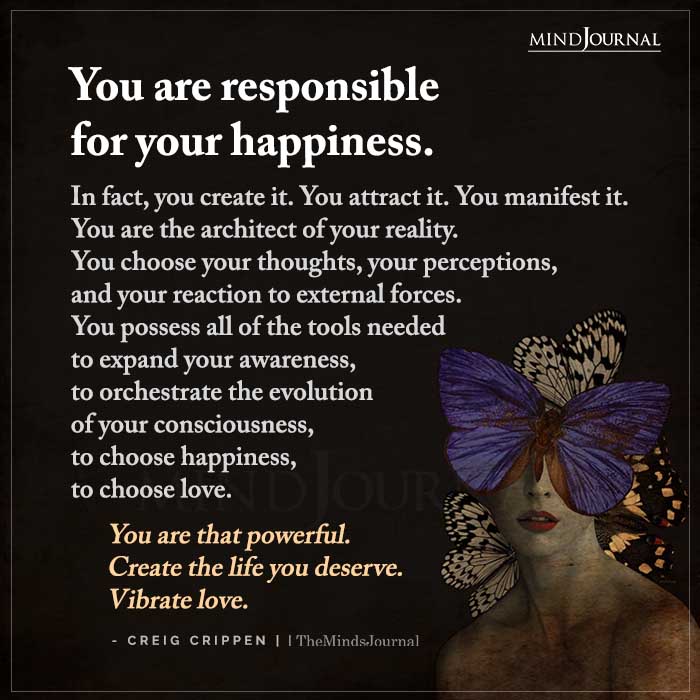
This is one of the most common negative thought patterns. Do you ever catch yourself using words like “always“, “every” and “never“? It’s a great way to convey intense exaggeration of feeling about something to other people, for instance: “I always fall in love with the bad boy”. Unfortunately, our subconscious minds will interpret that literally and repeat the cycle.
Solution: Consciously analyze these hyperboles and objectionably ask whether they are true or not. Is every single person you’ve ever dated a heartbreaker, for example?
Rephrasing your sentence to: “Many of the people I like have been unwise choices” makes all the difference in preventing your subconscious mind from acting on your thoughts.
4. One-sided Filter
There are times when someone will provide you with a lot of encouragement for your work and also some criticism to improve on, yet all you can seem to focus on is the criticism, ignoring anything good they said.
You’ll later think back on this moment and only remember all the bad things that you did, and none of the good. Eventually, your subconscious negative narcissist is going to look for ways to reaffirm its insecurities and low opinion of yourself.
Solution: The best approach is to be objective about the feedback you receive. You should either take positive and negative feedback together or reject them both because accepting criticism also means you’ll have to accept the accolades.
5. Self Dismissal
Often, you will find that even when you do something well, you will be the one to reject anything good you accomplish, dismiss it entirely, or put it down to mere coincidence or luck. For example: “I did score a goal but there are better players on the team than me“, and “That was just a fluke“.
Solution: Think back to all the great accomplishments you’ve achieved, write them down as a list, and read them out loud whenever you’re feeling like you have some inadequacy.
6. Catastrophizing
Catastrophizing is a feeling based on an irrational thought of believing that something is far worse than it actually is.
Catastrophizing can generally take two forms.
1. The first comes from a situation, for example, you’re going through a rough patch of bad luck in a job or relationship and immediately you feel like everything will end badly, you’ll lose your job, or break up from a relationship.
2. The second form is closely linked to the ‘Future Teller’ in which you envision the future and predict everything that is going to go wrong based on your current negative outlook.
Solution: Use self-exploration, and ask your “Why” you are perceiving everything so negatively. Once you have the answer, objectively ask yourself: “What’s the worst that can happen?” Is it probable you’ll get fired? If you get fired, will it provide an opportunity to find a job you enjoy more?
7. Generalizing
In order to be more efficient, your subconscious mind runs on auto-pilot most of the time. That is why time seemed longer as a child than it does as an adult: as a child you were experiencing many things for the first time, but afterward, your subconscious labels everything with a “general” idea, for example: “That’s an apple“, the shades and the subtleties don’t matter.
Your subconscious does the same with bad experiences, “I was embarrassed and awkward when I asked those last two girls out, I’d rather avoid it.“
Solution: Writing down your thoughts is a great way to make your perspective more objective. Ask yourself “Should past experiences define future experiences?” and write down the answer that pops into your mind and what evidence you have to back it up.
Read: 3 Secrets For Silencing Your Inner Critic
8. Identification
We are so unaware of our authentic selves that we begin finding our identities in the wrong places, for example, how ‘our’ sports team performs, or how our children can easily become reflections of ourselves.
Even when a girl says: “All the men I meet are jerks“, we begin to ask ourselves, “Am I one of these jerks?” Our subconscious self-preservation instincts kick in and we begin to feel anxious.
Solution: Be consciously aware of what you choose to find identification with, example of poor choices are countries, cultures, children, and even passing comments.
9. Blaming
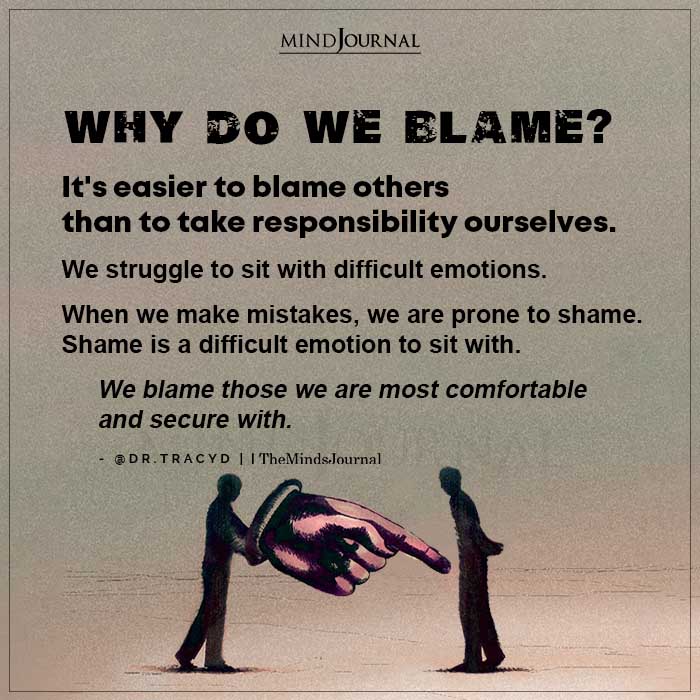
The opposite of identification, when you blame others for your problems and faults, you lose the responsibility for them and consequently the power to change. Unconsciously you feel all these bad things are happening to you, but it’s other people’s fault, not yours.
Solution: Before you blame anyone else for some misfortune in your life, ask yourself whether you could possibly be responsible or somehow involved in causing the situation. It’s natural to want to avoid blame or change, as most of us feel as though it will reflect on our worth as human beings.
But once you take responsibility for your problems, you feel empowered because you can fix them. Also, the anxiety of believing that bad things just come into your life out of nowhere goes away.
10. Should’s
Whenever you create an ideal self by stating, “I should be more social”, “I should be more punctual”, you’re making your subconscious mind anxious by telling it that “we have to be this way otherwise our survival is threatened”.
Solution: Be mindful of the words you use, if you seek to improve in some area, state to yourself: “I’d like to work on my socializing or punctuality”.
11. Labels
Labeling involves identification and generalizing, and is where you find a word that reflects how you feel and begin identifying with it. If you make a few mistakes or have a few accidents in public, for instance, you might immediately tell yourself, “I’m such a klutzy person“, “what a loser!” or “I’m a moron“. Labels can condition us into feeling anxious all the time, believing that we are one thing or another.
Solution: Speaking out loud allows your subconscious mind to hear your statements – that is why positive affirmations work so well. Whenever you consciously catch yourself trying to label yourself in a certain way, correct yourself aloud by stating the truth; “I am not always like this, so where is the evidence that I am a moron? Or klutz? It has only happened a few times“.
12. Perfectionism
A lot of people struggle with this. Perfectionism is judging your self-worth on the outcome of your actions. To approach life with a perfectionistic attitude is to tell your subconscious that “my whole life depends on this“, and causes you to feel stress and anxiety, contributing to problems like burnout and health issues.
Solution: To overcome perfectionism, you must walk the path of self-discovery, knowing that there is no such thing as perfection, and we all possess the exact same worth, and it is natural (and even healthy) to make mistakes now and then.
Read: How to Stop Perfectionism From Controlling Your Life
It is time for Western medicine to stop treating any issue we have as a biological one instead of a mental one. Numbing the side effects of an issue with medications without changing the root cause, is the same as thinking cough pills are curing a common cold when in reality they are only alleviating the discomfort.

It’s no coincidence that in consumerist countries this mentality goes unquestioned; when pharmaceutical industries are financed and backed up by drug companies, what else can you expect but a self-perpetuating cycle of illness and misdiagnosis?
We try to spread awareness through inner work of this issue and welcome everyone to encourage awareness however they can.
What are your thoughts on this issue? Have you had any experience with these medications, or subconscious perceptions, in the past or present?
If you want to know more about depression, anxiety and perception, here’s a video to help you out:
Written By: Mateo Sol
Originally Appeared On: Loner Wolf
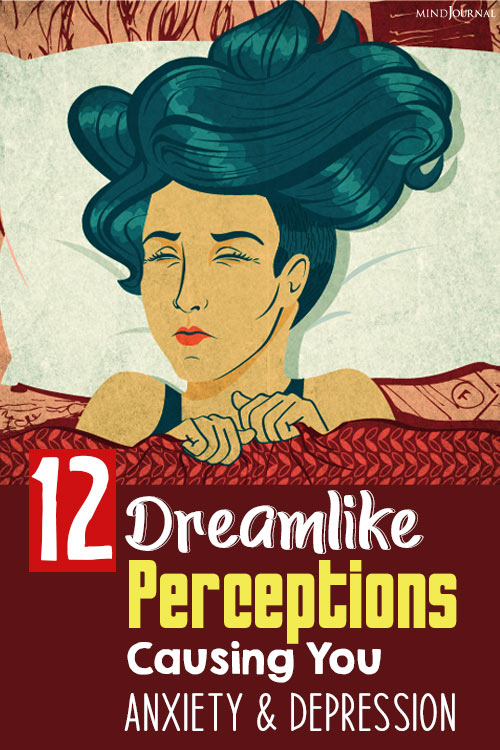
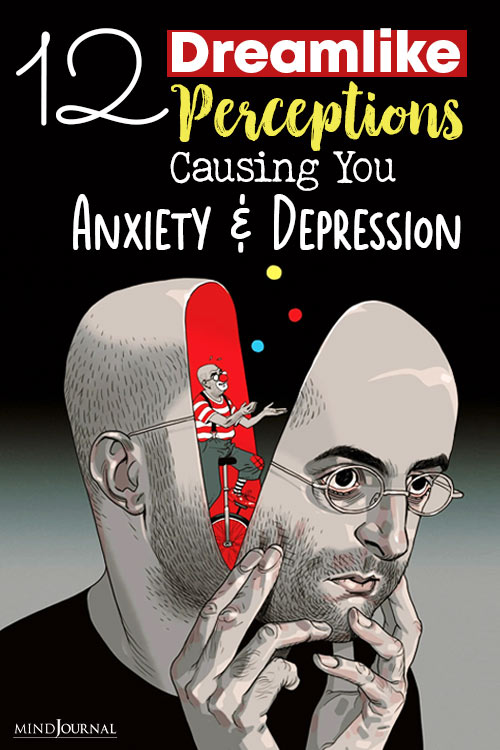
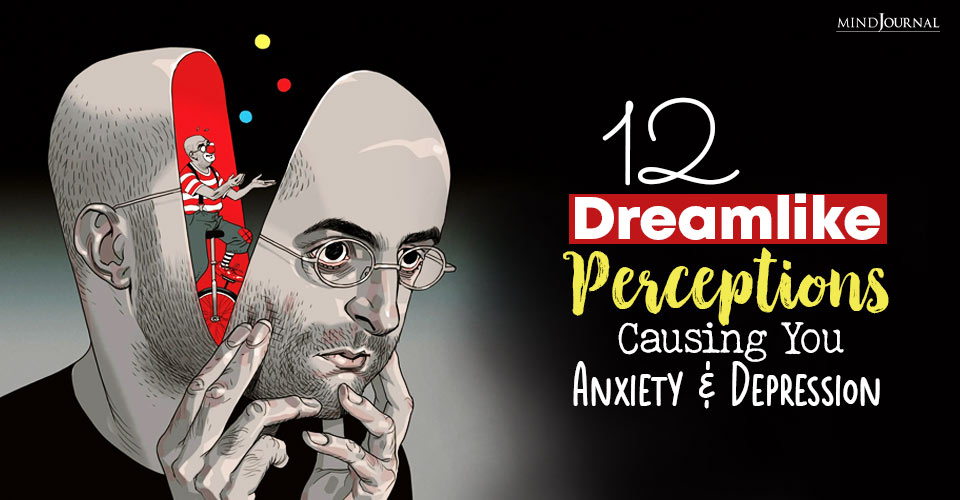


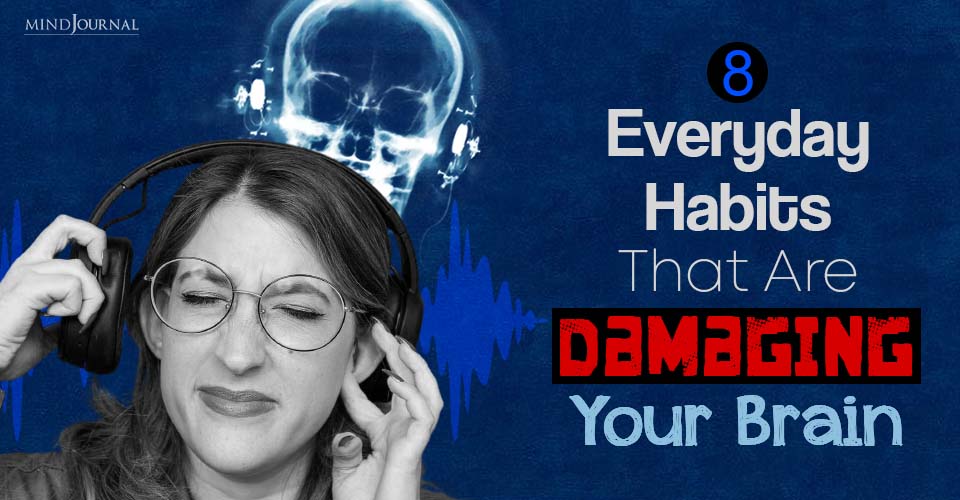




Leave a Reply
You must be logged in to post a comment.